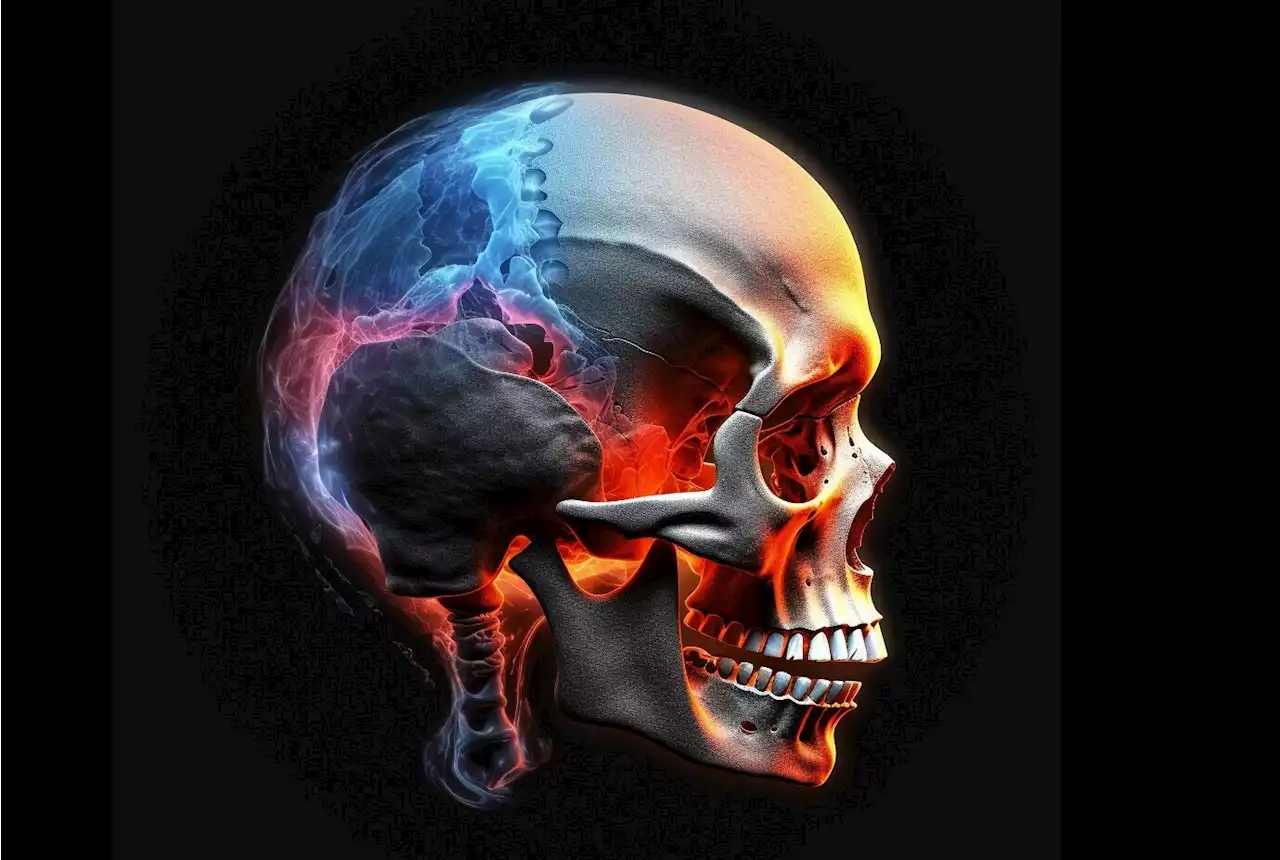Weill Cornell Medicine has received a three-year, nearly $6 million grant to lead one of three national contraceptive research centers.
Reviewed by Megan Craig, M.Sc.Sep 21 2023 The grant from the Eunice Kennedy Shriver National Institute of Child Health and Human Development, part of the National Institutes of Health, will fund the Weill Cornell Medicine Contraception Development Research Center. Led by Drs. Jochen Buck and Lonny Levin, both professors of pharmacology at Weill Cornell Medicine, the center will focus on developing an on-demand male contraceptive.
"Our idea is to develop a new form of on-demand contraception," Dr. Buck explained. "The man takes the pill a half hour before having sex and then will be protected from impregnating someone for eight to twelve hours. Afterwards his fertility returns to normal." Related StoriesOne project will focus on improving the current drug candidate to make it suitable for humans. This candidate was developed and tested in a preclinical model in collaboration with the Sanders Tri-Institutional Therapeutics Discovery Institute , a relationship fostered by the Weill Cornell Medicine Enterprise Innovation office. The Sanders Tri-I TDI, led by Dr.
United States Latest News, United States Headlines
Similar News:You can also read news stories similar to this one that we have collected from other news sources.
 Newly discovered bone stem cell causes premature skull fusionCraniosynostosis, the premature fusion of the top of the skull in infants, is caused by an abnormal excess of a previously unknown type of bone-forming stem cell, according to a preclinical study led by researchers at Weill Cornell Medicine.
Newly discovered bone stem cell causes premature skull fusionCraniosynostosis, the premature fusion of the top of the skull in infants, is caused by an abnormal excess of a previously unknown type of bone-forming stem cell, according to a preclinical study led by researchers at Weill Cornell Medicine.
Read more »
 CST and Leica Biosystems join forces to develop companion diagnostics for personalized medicineCell Signaling Technology (CST), a life science discovery technology company and leading provider of antibodies, kits, and services, is partnered with Leica Biosystems, a technology leader in automated staining and brightfield and fluorescent imaging, to support the development of companion diagnostics (CDx) assays using the extensive portfolio of best-in-class antibodies from CST validated for immunohistochemistry (IHC).
CST and Leica Biosystems join forces to develop companion diagnostics for personalized medicineCell Signaling Technology (CST), a life science discovery technology company and leading provider of antibodies, kits, and services, is partnered with Leica Biosystems, a technology leader in automated staining and brightfield and fluorescent imaging, to support the development of companion diagnostics (CDx) assays using the extensive portfolio of best-in-class antibodies from CST validated for immunohistochemistry (IHC).
Read more »
 One Medicine: Bridging the Gap Between Human and Animal Health“One Medicine” is a concept that emphasizes the interconnectedness of human and animal health. Read more here.
One Medicine: Bridging the Gap Between Human and Animal Health“One Medicine” is a concept that emphasizes the interconnectedness of human and animal health. Read more here.
Read more »
 University of Arkansas receives $3.1 million NIH award to study pediatric mitochondrial disordersThe Eunice Kennedy Shriver National Institute of Child Health and Human Development awarded $3.1 million to the University of Arkansas to study a spectrum of pediatric mitochondrial disorders caused by mutations in the mitochondria.
University of Arkansas receives $3.1 million NIH award to study pediatric mitochondrial disordersThe Eunice Kennedy Shriver National Institute of Child Health and Human Development awarded $3.1 million to the University of Arkansas to study a spectrum of pediatric mitochondrial disorders caused by mutations in the mitochondria.
Read more »
 Victorian bedtime disease coming back as medicine runs outIt is often spread through bedding, and can run riot in student halls, shared houses and care homes
Victorian bedtime disease coming back as medicine runs outIt is often spread through bedding, and can run riot in student halls, shared houses and care homes
Read more »
 Identifying sepsis: Only two out of four recommended screening tools found to be usefulTwo out of the four internationally-recommended screening tools used by emergency medical services are inadequate for recognizing sepsis, according to new research presented at the European Emergency Medicine Congress.
Identifying sepsis: Only two out of four recommended screening tools found to be usefulTwo out of the four internationally-recommended screening tools used by emergency medical services are inadequate for recognizing sepsis, according to new research presented at the European Emergency Medicine Congress.
Read more »
